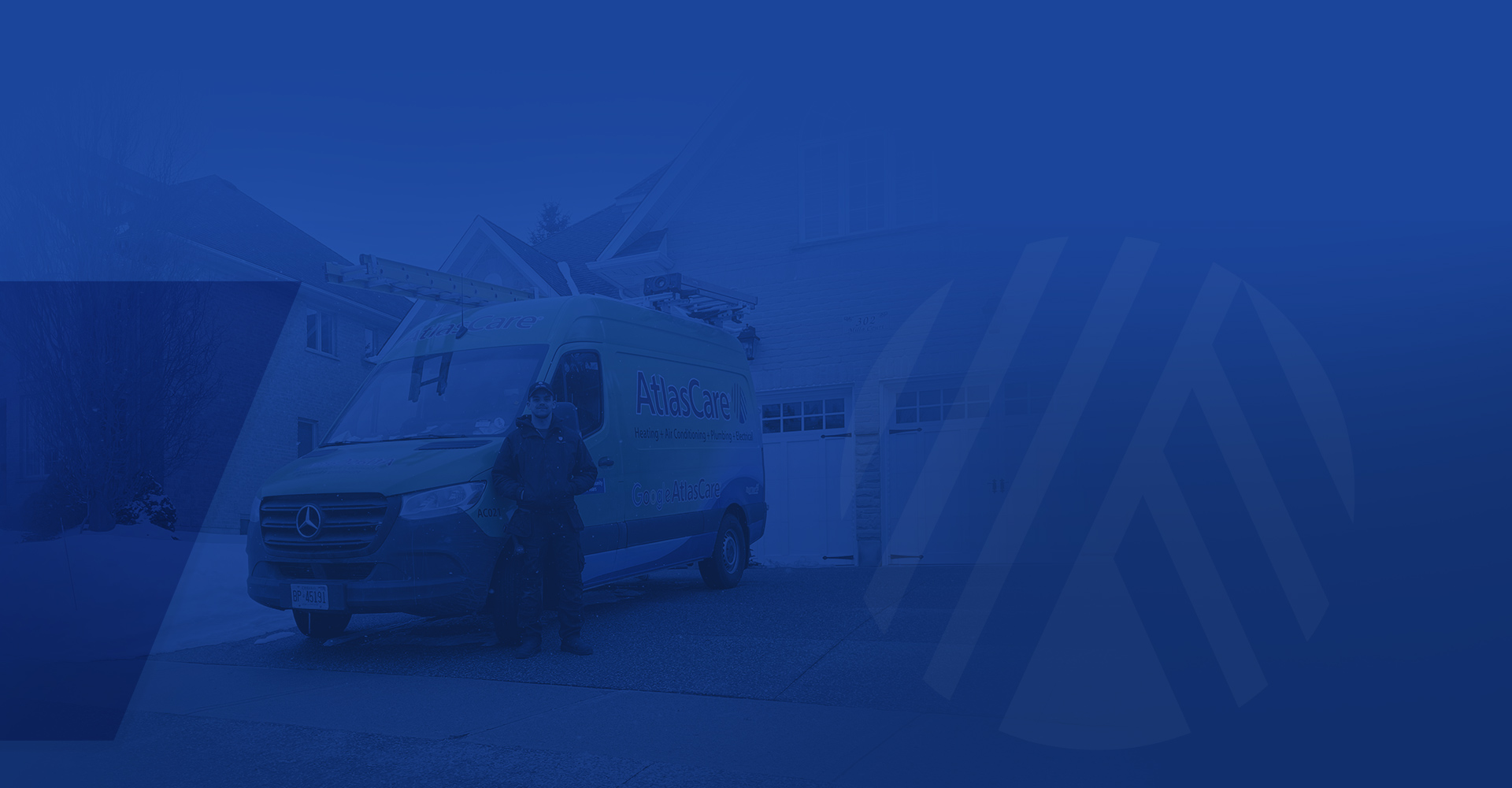What You Should Know Before Buying a Boiler
Late winter or early spring is a perfect time to upgrade your home heating system! The cold weather is fresh on your mind, and since there’s no rush, you can take your time to decide which unit is best for you.
If your old boiler is on its last legs, now’s the time to replace it.
Boilers don’t look like much on the outside, but there’s a lot to think about when buying one. Which size of boiler is best? Should you get a condensing or non-condensing boiler? These are the facts you should know before buying a boiler.
How A Boiler Works
A boiler uses hot water to maintain the temperature in a home through radiators. The boiler’s heating element warms the water and then distributes it to radiators throughout the home. Some models can heat your home and hot water.
There are electric, natural gas, propane, and oil boilers available. A natural gas boiler is the best option in terms of efficiency and operating cost here in Ontario.
Difference Between Condensing and Non-Condensing Boilers
Want to save energy and reduce your carbon footprint? If so, a condensing boiler is an excellent choice. Condensing boilers can operate at lower temperatures by pre-heating the water that enters the boiler using vapour produced in the heating process. A non-condensing boiler, on the other hand, vents the excess water vapour outside.
Which Size of Boiler is Best?
Size matters when it comes to buying a boiler. If the unit is too small for the house, it will have to consume more energy to keep up with the heating demand. If the boiler is too big, it will cycle on and off faster than it should and waste energy.
Many factors impact your household heating demand: the home’s foundation, the thickness of the walls, the insulation, and more. For combination boilers and water heaters, the number of occupants and bathrooms in the home matters as well.
A qualified heating and cooling technician can help you determine which size boiler is best for your home.
Boiler Energy-Efficiency
Like furnaces, all boilers sold in Canada have an annual fuel utilization efficiency (AFUE) rating, which indicates how much energy the unit converts into usable heat. The higher the AFUE rating, the less energy the boiler wastes.
A high-efficiency condensing boiler may cost more upfront, but it can save money over time with a lower operating cost.
Comparing Boilers to Gas Furnaces
Why choose a boiler over a gas furnace? In many cases, homeowners move into homes with a boiler system already in place. Replacing an old boiler with a new one is often more affordable than replacing the whole system.
There are other benefits to buying a boiler. Having a boiler instead of a furnace means you don’t have to deal with the care and maintenance of air ducts. Boilers also increase the level of moisture in the air, which helps to prevent many of the issues caused by low humidity during the winter.
Boiler Maintenance
No matter which type of boiler you choose, it will require annual service by a technician to run at its best. Trust us — we know a lot about them. In fact, AtlasCare has been installing and servicing boilers since 1932!
We’re happy to help you decide which heating system is right for your home. In addition to routine boiler service and installation, we also offer 4-hour emergency boiler repair service.






